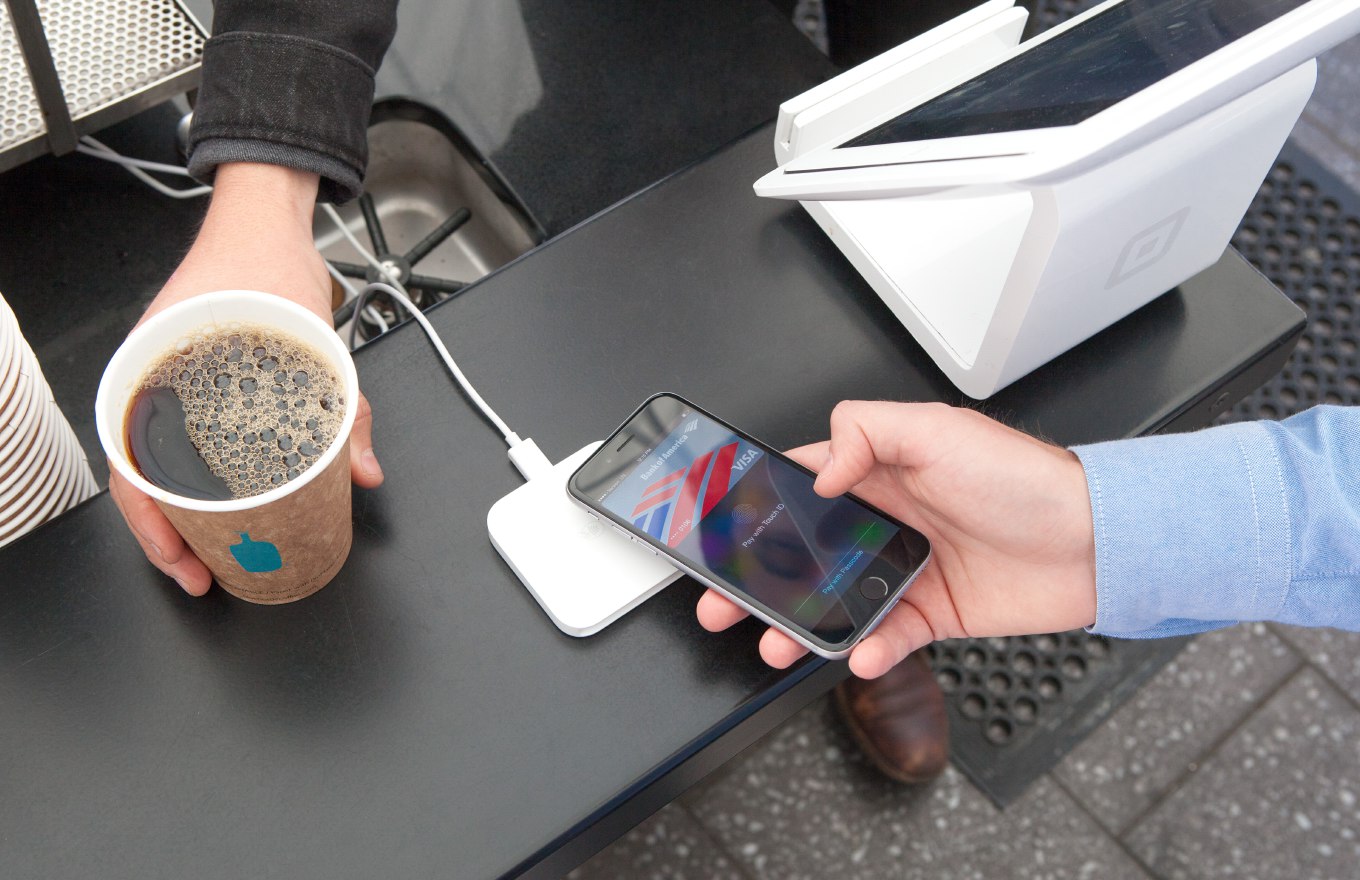
Different businesses have different needs for their workforce. For example, a company that manufactures car parts will require employees that have skill sets and qualifications different from an organization that sells health insurance. For this reason, companies should have a comprehensive and thorough preemployment process to ensure that job candidates are the best fit for the work they are hired to do.
There are many different preemployment screening methods, but some are more successful than others in evaluating whether an employee is fit for the job or not. Here are five preemployment exams commonly used because of their effectiveness:
Cognitive Exam
Cognitive tests are designed to gauge an employee’s mental capacity, which research has shown to have a strong link to job performance. The length and coverage of the cognitive exam will depend on the nature of the job at hand. Basic cognitive exams usually include reading comprehension, simple arithmetic, and a brief essay to see how well the candidate can organize and communicate his thoughts. More specialized jobs may have more intensive tests. For example, programmers may be required to complete a complex math problem or code a website from scratch.
It is important for companies to have an idea of the cognitive abilities of their job applicants—not just so they can select the one best suited for the job, but also so they create training programs to improve any areas candidates are struggling in.
Drug and Alcohol Screening
In the 1980s, then President Ronald Reagan made it mandatory for all government employees to pass a drug test. Private businesses soon followed suit, and since then, drug testing has been a standard part of organizations. Having preemployment drug screenings can help companies maintain a strict zero-tolerance policy against illicit substances. Being intoxicated while working can have disastrous consequences, not just for the concerned employee, but also for coworkers and the company as a whole. Drugs and alcohol are known to interfere with a person’s cognitive abilities, focus, motor skills, and memory. If you’re concerned you may not be able to pass an employee screening, it may be worth taking a Walgreens drug test for assurance.
There are different types of drug tests. Companies who run high-risk operations such as in construction, transportation, and aviation may consider other more accurate methods like blood test or even a hair test, as these are more comprehensive and accurate even though the results take a little longer to arrive.
Physical Aptitude Test
Different professions have different physical requirements from their employees. Companies in labor-intensive industries, such as transportation, logging, firefighting, and emergency response, should have physical aptitude evaluations that can accurately assess whether a candidate has the stamina, strength, and flexibility to handle the demands of the job.
Physical aptitude exams usually require candidates to perform a series of challenges. For example, if you apply for work as a lifeguard, you may be required to do a swimming test, running test, and an exam to gauge how fast your response rate is. Employers may also require job applicants to submit their medical records so they can check to see if there are any preexisting health issues that might get in the way of the candidate’s performance.
Medical Evaluation
Medical screenings are a basic yet fundamental part of the preemployment process. This test ensures a job candidate has the physical, mental, and even emotional health necessary to work. Unhealthy employees may struggle to focus on their jobs, arrive late to work, or can become chronically absent. Lost productivity costs employers a total of $84 billion every year, according to the Gallup-Heathways Well-Being Index.
Some of the most commonly used physical and medical tests include blood and cholesterol tests, lung test, hearing and visual test, chest x-ray, ECG, and more. Medical tests are also important for managers to evaluate whether they need to implement any health programs to help new hires maintain their health or to correct any medical issues they may have.
Personality Test
There are different personality tests available that can aid the preemployment process. The Myers Briggs Type Indicator, or MBTI, test is a popular example that categorizes test-takers into sixteen possible personalities. These personalities have their own unique set of cognitive functions, which can make them thrive in particular environments in line with their preferences. For instance, candidates that have extraverted personalities may do well in a dynamic team environment while introverts are better suited doing more intensive solitary work.
Personality tests can give you valuable insights on an employee’s behavior, though processes and preferences. This information can be useful not just in hiring the right people but also for finding ways to keep workers engaged in their jobs. Personality tests can add value to your hiring process, but this type of test should not be used on its own; rather, it should be applied alongside other tools and assessments to give you more relevant results.
These tests are just a few examples of preemployment screenings. There is no single bullet-proof method that will guarantee you will hire the best of all job applicants. Instead, it is advisable to apply a combination of different testing methods and customize them according to the specific needs of your company.









